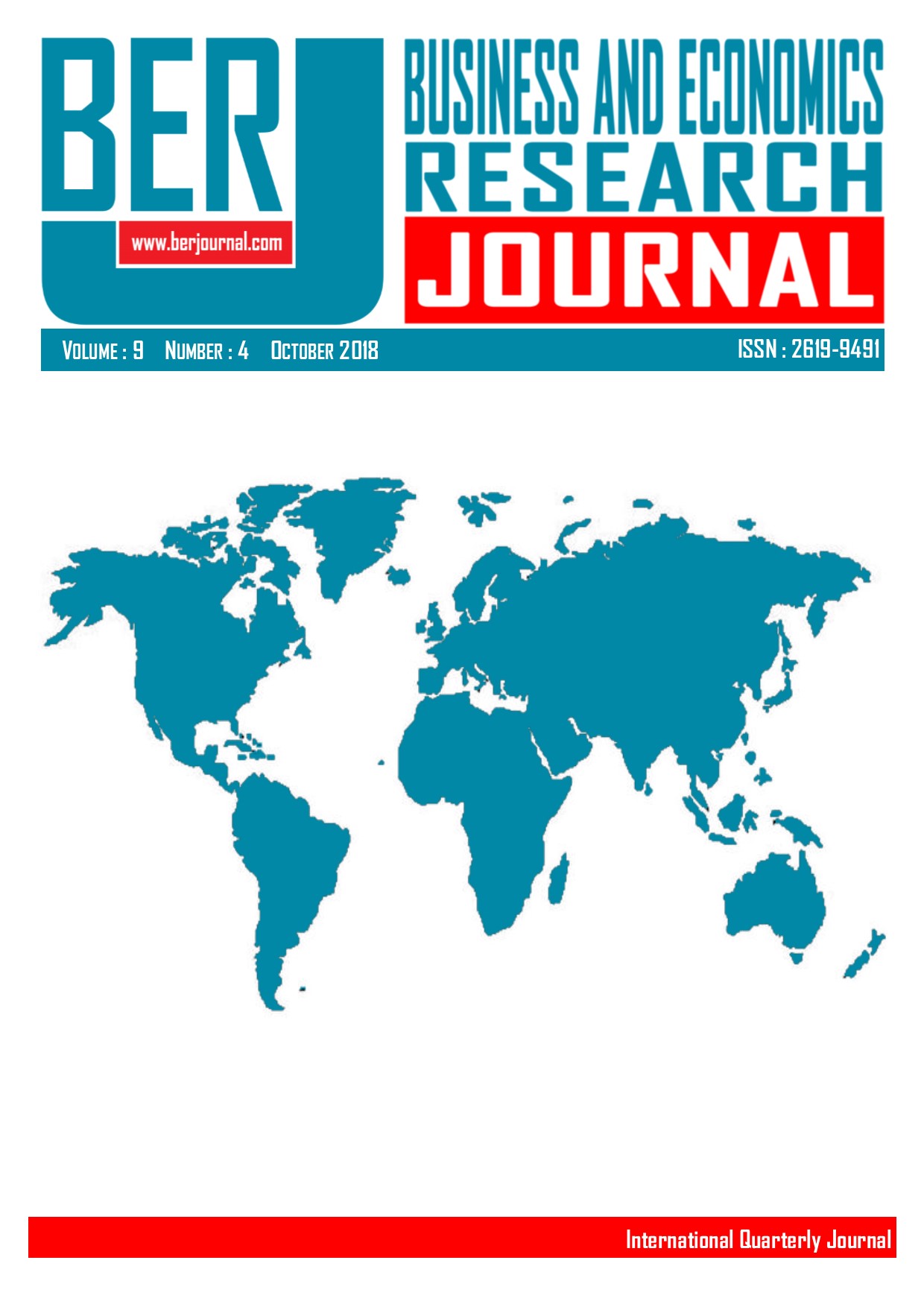Sources and Predictors of Work-Family Conflict: A Multidimensional Study across European Countries and Turkey
Sources and Predictors of Work-Family Conflict: A Multidimensional Study across European Countries and Turkey
Author(s): Ozge DemiralSubject(s): Economy, Business Economy / Management, Labor relations, Family and social welfare
Published by: Adem Anbar
Keywords: Work-family conflict; Working hours; Inflexible working; Family domain; Border;
Summary/Abstract: Addressing the lack of cross-national and multidimensional research in the relevant literature, this paper examines the relationships between two sources and various predictors of work-family conflict of employees by utilizing a three-year discreet dataset of 23 European countries and Turkey. Stress sources of work-family conflict are proxied by number and inflexibility of working hours whereas their predictors are represented by career advancement opportunity, business internationalization, paid parental leave scheme, governmental family support, and prevalence of employees’ technology use. Additionally, cultural origins of social support are also controlled using both value and regional clusters of national cultures. Results from fixed-effect model estimation reveal that average annual hours worked per employee are negatively related to career advancement opportunity and technology adoption whereas business internationalization and paid parental leave opportunities cause longer working hours. Inflexible working is negatively associated with all variables except for the insignificant impact of technology adoption. The culture was found mattering for work-family conflict but explaining the variations in working hours and inflexible scheduling differently. The study concludes with suggestions for future research and implications based on findings and limitations.
Journal: Business and Economics Research Journal
- Issue Year: 9/2018
- Issue No: 4
- Page Range: 855-870
- Page Count: 16
- Language: English

